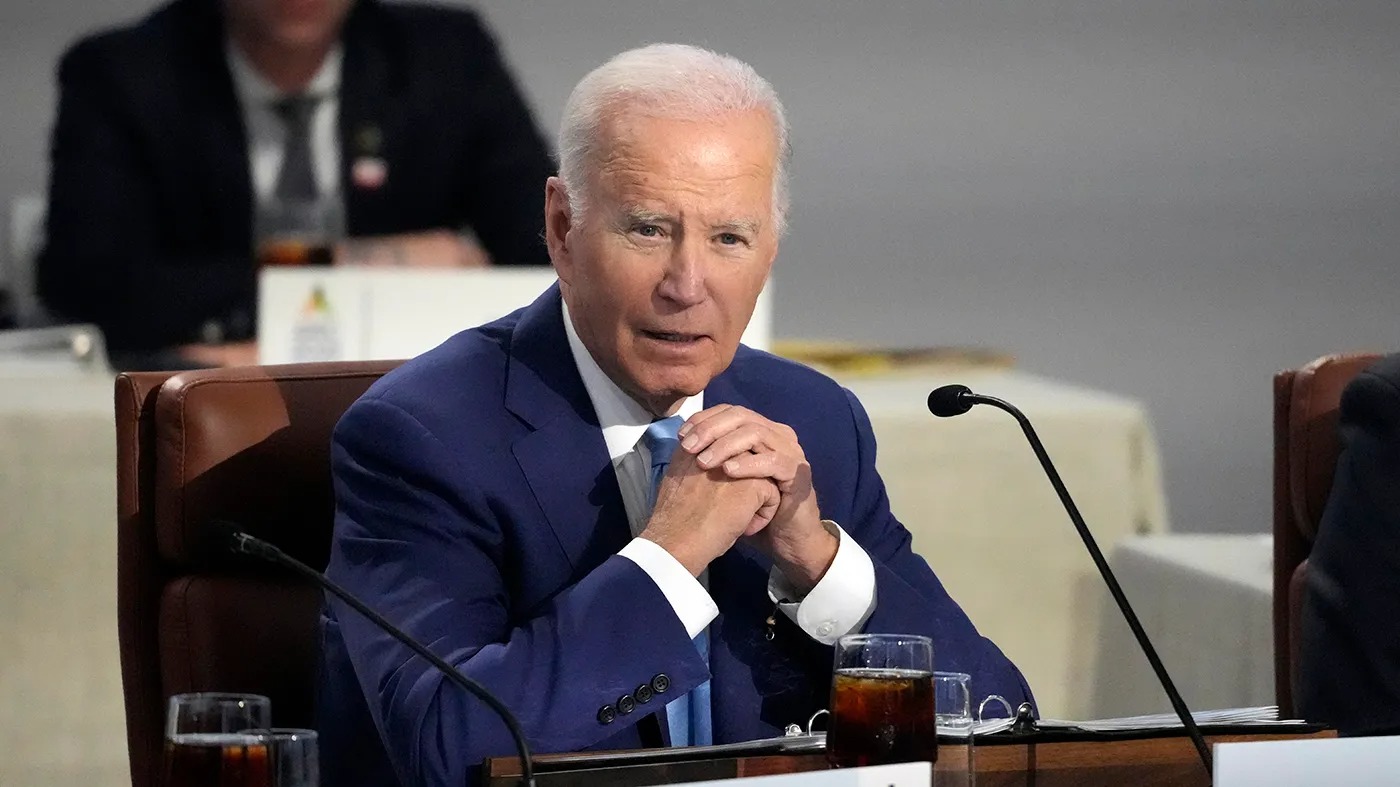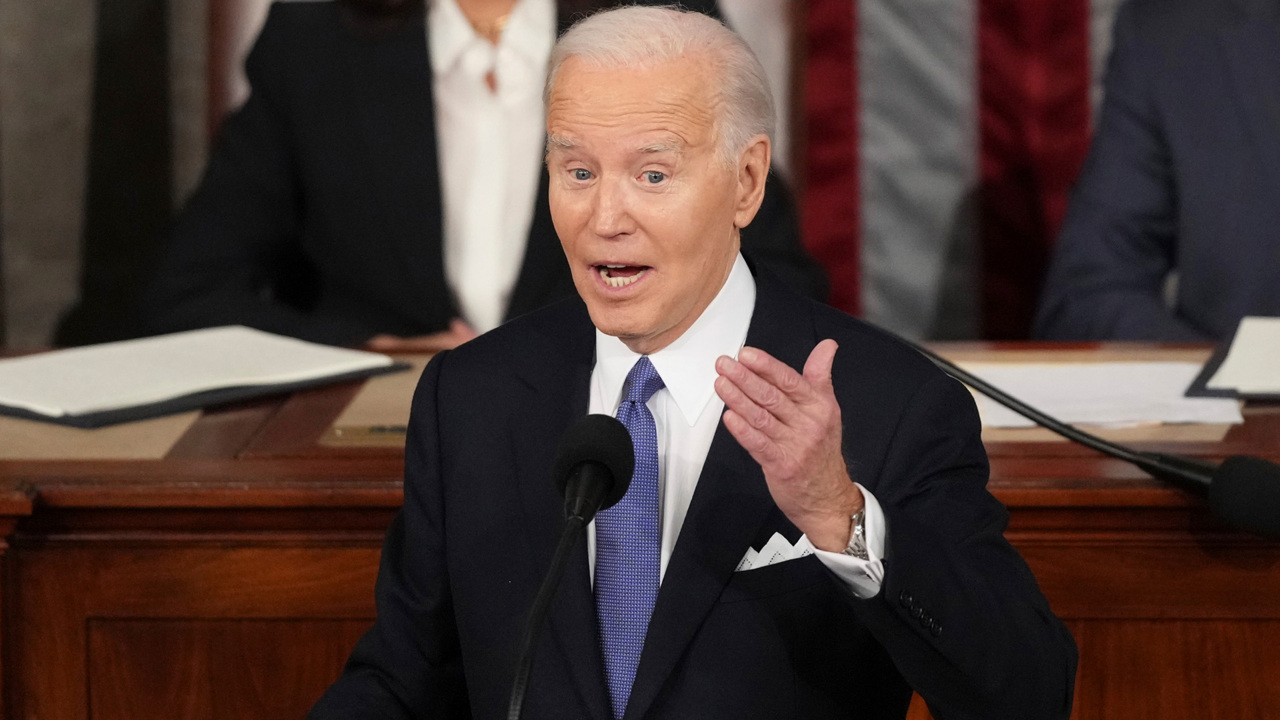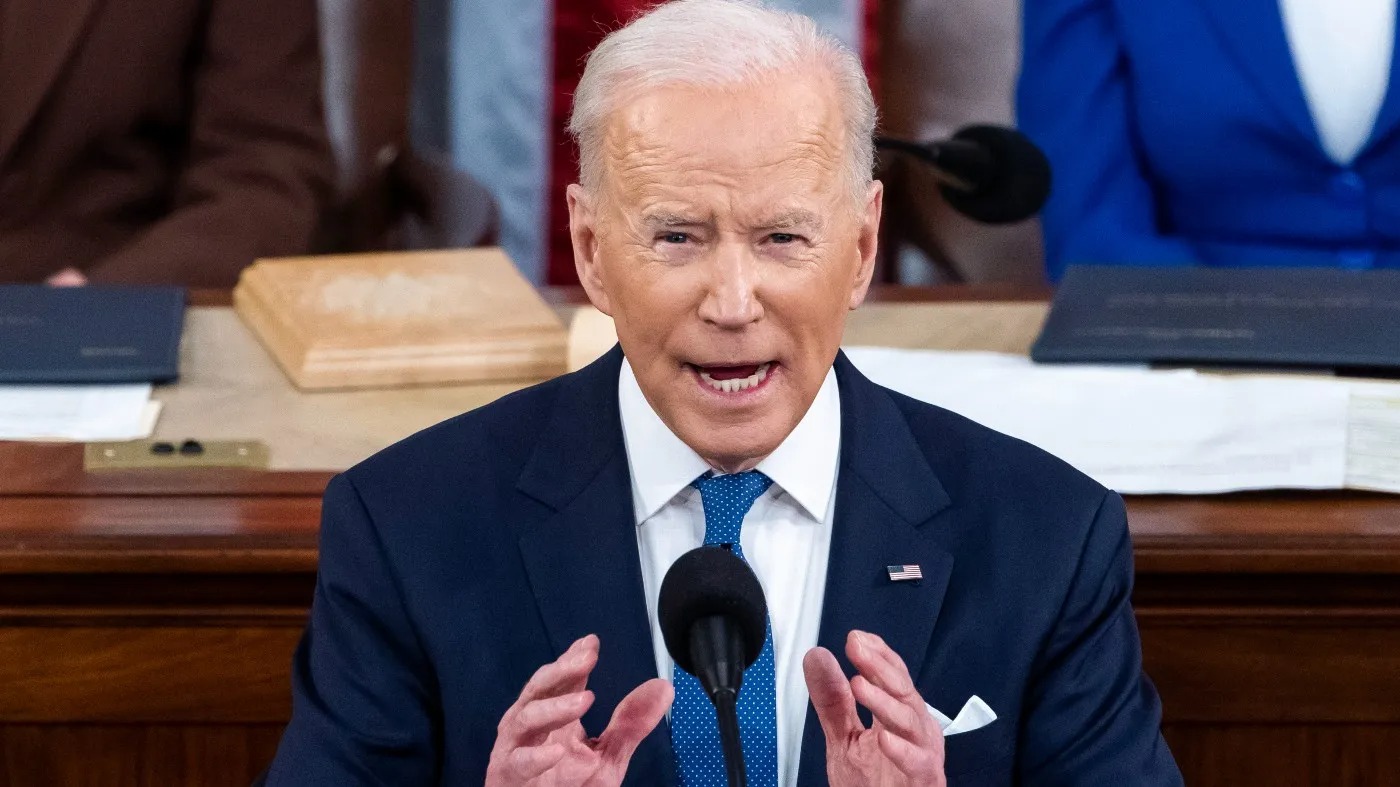President Joe Biden’s administration is proposing a significant increase in fuel taxes for private jets, framing it as a matter of fairness compared to the taxes paid by airline passengers on every ticket. This proposal is part of a $109.3 billion budget request for the U.S. Department of Transportation, released on Monday.
The fate of this proposal in Congress is uncertain, as many of Biden’s budget ideas are expected to face challenges in the Republican-controlled House.
The largest business-aviation trade group has already voiced opposition to the targeted fuel-tax increase, arguing that private jets play a crucial role in business success and job creation.

Biden (Credits: The Hill)
The budget request includes nearly $22 billion for the Federal Aviation Administration (FAA), which would fund the hiring of at least 2,000 new air traffic controllers and the replacement of aging FAA facilities. Both Democrats and Republicans in Congress have shown support for increased FAA hiring in these areas.
Additionally, the budget allocates $62 billion for roads and bridges and $3.2 billion for railroad infrastructure, inspections, and the Amtrak passenger-rail system. The proposed fuel-tax increase for private jets would raise the tax from about 22 cents per gallon to $1.06 per gallon over five years.
The Transportation Department argues that this increase would help stabilize funding for the FAA’s management of the national airspace, which airline passengers primarily fund. Currently, airline passengers pay a 7.5% excise tax on tickets and a separate levy of up to $4.50 per flight to support airport projects.

Biden (Credits: Reuters)
The administration highlights that while private jets account for 7% of all flights handled by the FAA, they contribute less than 1% of the taxes that fund the federal trust fund for aviation and airports. The proposed increase is estimated to raise $1.1 billion over five years.
President Biden hinted at this proposal in his recent State of the Union address, where he called for raising the minimum income tax on corporations and ending tax breaks for big pharma, big oil, private jets, and massive executive pay.
However, Ed Bolen, president of the National Business Aviation Association, criticized the proposal as unfair, stating that business aviation is essential to America’s economy and transportation system. He argued that the industry should be promoted, not criticized.























